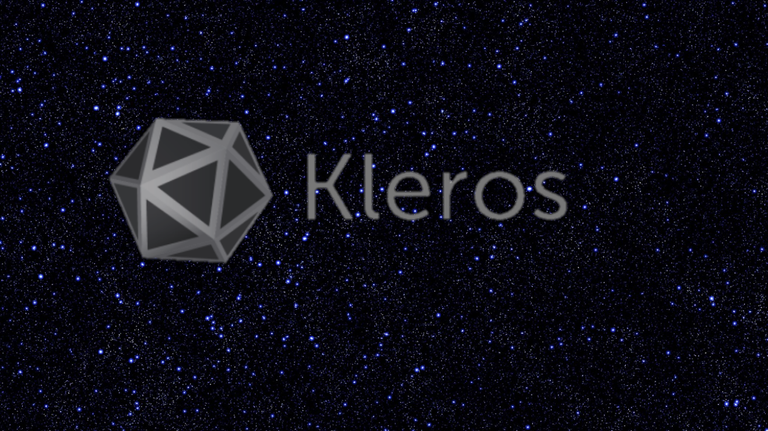

The world is experiencing an accelerated pace of globalization and digitalization.
If the Blockchain promise comes to a reality, in a not so distant future, most goods, labour and capital will be allocated through decentralized global platforms.
Disputes are natural part of any interaction.
What if there was a decentralized service that connects disputing parties to experts in the field? What if the agreement in place by the two parties gives the experts the right to vote on who is correct in a dispute?
Disputes will certainly arise. Users of decentralized eBay will claim that sellers failed to send the goods as specified in the agreement, guests in decentralized Airbnb will claim that the rented house was not as shown in the pictures" and backers in a crowd funding platform will claim a refund as teams fail to deliver the promised results.
Smart contracts are smart enough to automatically execute as programmed, but not to render subjective judgments or to include elements from outside the Blockchain. Existing dispute resolution technologies are too slow, too expensive and too unreliable for a decentralized global economy operating in real time.
Every step of the arbitration process (securing evidence, selecting jurors, etc.) is fully automated. Kleros does not rely on the honesty of a few individuals but on game-theoretical economic incentives.
It is based on a fundamental insight from legal epistemology: a court is an epistemic engine, a tool for ferreting out the truth about events from a confusing array of clues. An agent (jury) follows a procedure where an input (evidence) is used to produce an output (decision).

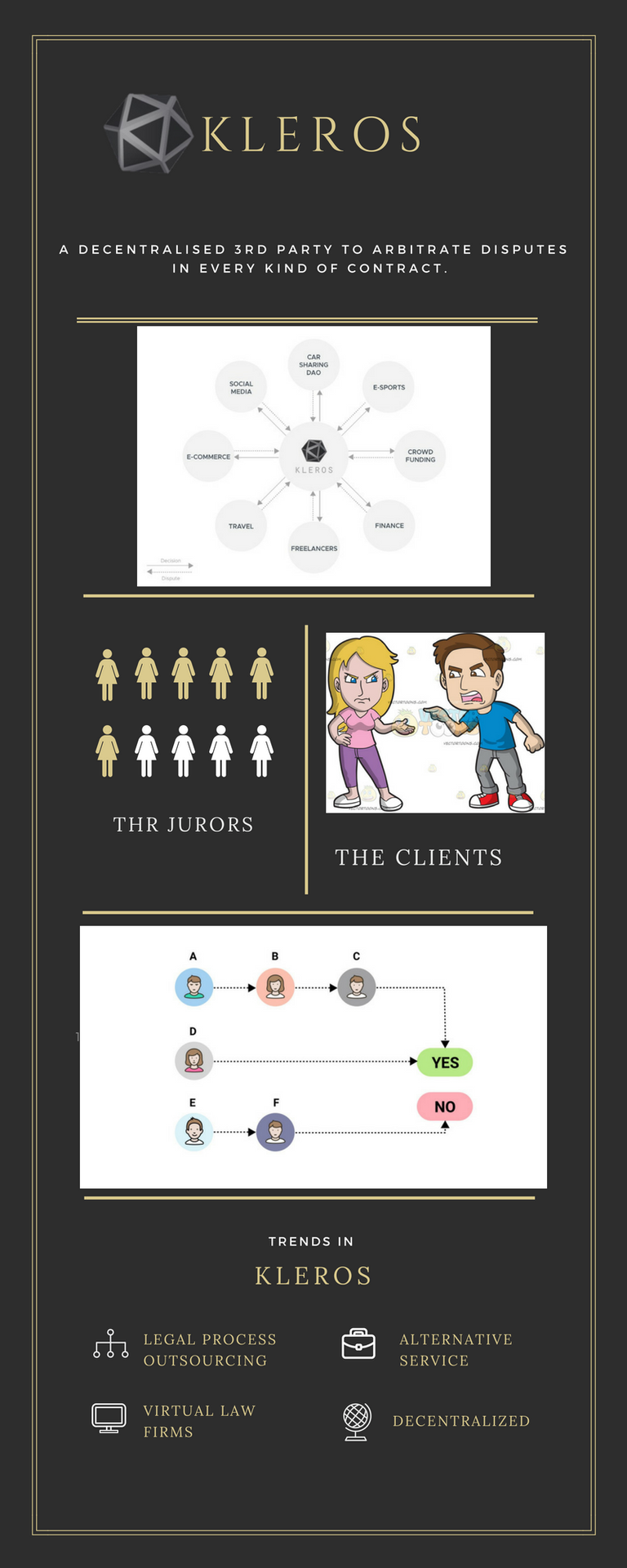
Kleros is a decentralized application built on top of Ethereum that works as a decentralized
third party to arbitrate disputes in every kind of contract, from very simple to highly complex ones. It relies on game theoretic incentives to have jurors rule cases correctly. The result is a
dispute resolution system that renders ultimate judgments in a fast, inexpensive, reliable and
decentralized way.
Kleros is a opt-in dispute resolution platform. Kleros is a network of jurors specializing in various categories who are available to settle disputes. By utilizing smart contracts, Kleros can escrow any funds in question until a resolution is put forth by the selected jurors. it is a fast, inexpensive, transparent, reliable and decentralized dispute resolution mechanism that renders ultimate judgments about the enforceability of smart contracts is a key institution for the Blockchain era.

Schelling points typically arise when communication is impossible, but also when, while communication is possible, no party can provide the other with a reason to believe that what he says is true.
Based on the concept of Schelling Points, Ethereum founder Vitalik Buterin has proposed the creation of the Schelling Coin, a token that aligns telling the truth with economic incentives.
If we wanted to know if it rained in Paris this morning, we could ask every owner of a Schelling Coin: Has it rained in Paris this morning? Yes or No". Each coin holder votes by secret ballot and after they have all voted, results are revealed.
The Schelling Coin uses this principle to provide incentives to a number of agents who do not know or trust each other to tell the truth. We expect agents to vote the true answer because they expect others to vote the true answer, because they expect others to vote for the true answer. . . In this simple case, the Schelling Point is honesty.

.png)
Kleros is an opt-in court system. Smart contracts have to design a Kleros as their arbitrator. When they opt-in, contracts creators choose how many jurors and which court will rule their contract in case a dispute occurs. The idea is that they will choose a type of court specialized in the topic of the contract. This can range from different types of companies or careers or specializations, e.g.. Health, financial, software, insurance, E-commerce, engineering, human rights etc, will choose their court/Rep.

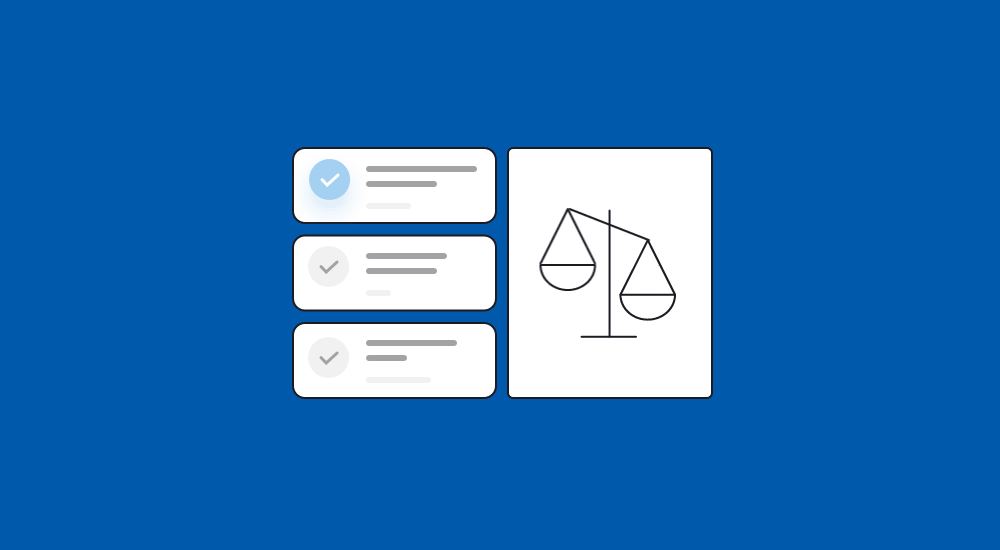
Kleros is also providing options for the Jurors, Contracts will specify the options available for jurors to vote. These options could be as listed below:
• “Reimburse Alice" transfers funds to Alice's address.
• “Give Bob one extra week to finish the website" blocks new disputes for one week and removes this option from further dispute.
• “Pay Bob" transfers funds to Bob's address.

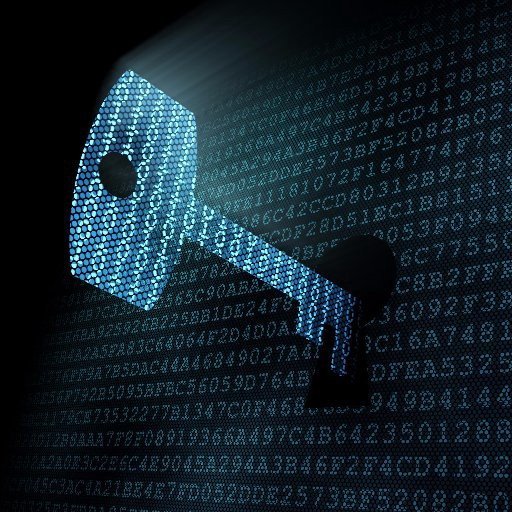
Privacy is also very important when also solving disputes, because that also protects the image of the dispute solving company, and in that case Kleros is aware that solving disputes may require parties to disclose privileged information with jurors.
The contract creator sends {contract text; option list; salt} to each party using asymmetric encryption.
This way, parties can verify that the submitted hash corresponds to what was sent to them.
In case of a dispute, each party can reveal {contract text; option list; salt} to jurors which can verify that they correspond to the hash submitted. They can do so using asymmetric encryption such that only the jurors receive the text of the contract and of the options. All these steps are handled by the application users will run while using Kleros.

DO YOU WANT TO BE A JUROR?


THE PINAKION TOKEN
Users have an interest of becoming a Juror but before you can be a Juror, a probability is being drawn, the probability of being a juror for a specific dispute is proportional to the amount of tokens a juror deposits. The higher the amount of tokens it deposits, the higher the probability that it will be drawn as juror. Jurors that do not deposit Pinakions do not have the chance of being drawn. This prevents inactive jurors from being selected.
FUNCTIONS OF PINAKION
Pinakion provides jurors the incentive to vote honestly by making incoherent jurors pay part of their deposit to coherent ones.
They protect the system against the Sybil attack. If jurors were simply drawn randomly, a malicious party could create a high number of addresses to be drawn a high number of times in each dispute. By being drawn more times than all honest jurors, the malicious party would control the system.


The Jury/Jurors are carefully selected. The amount of times a user is drawn for a dispute (called its weight) determines the number of votes he will get in the dispute and the amount of tokens he will win or lose during the token redistribution.
Imagine that 6 token owners signed up for the dispute and deposited 10,000 in total with the following distribution:
The image below gives a perfect description of tokens deposited and drawn jury members.

Random numbers are generated with sequential proof of work using a scheme similar to Bunz et al. Adapted to also work for Proof-Of-Stake blockchains.
4 Major steps are involved in random number generation
•Initialization
•Computing the master random value
•Getting the result on blockchain
•Getting all random values

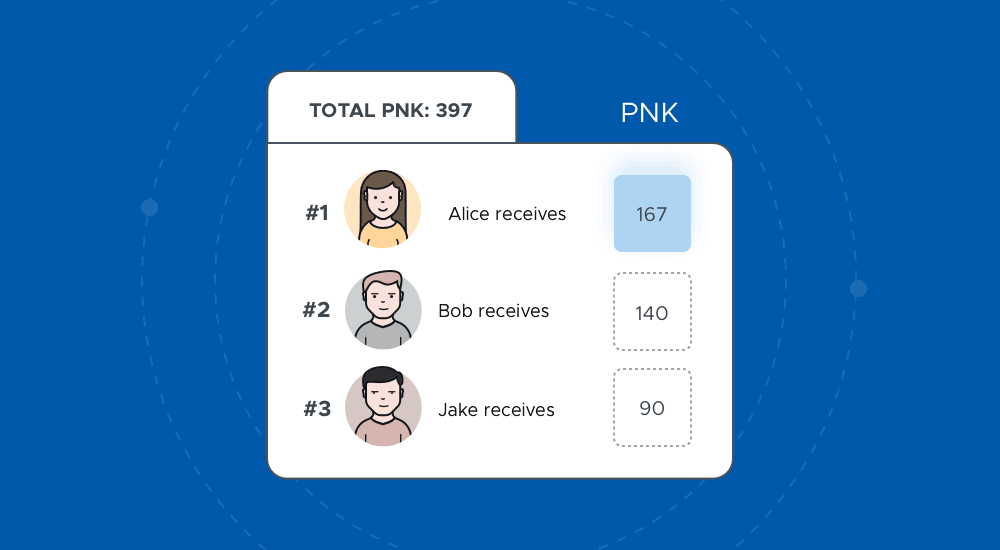
Votes are very necessary in carrying out judgement without the correct votes, judgement cannot be passed.
After assessing the evidence, jurors commit their vote to one of the options. They submit hash(vote; salt; address). The salt is a random value generated locally in order to add entropy to prevent the use of rainbow tables.
When the vote is over, they reveal {vote; salt}, and a Kleros smart contract verifies that it matches the commitment. Jurors failing to reveal their vote are penalized (see Incentive System section).
Kleros makes it that after a juror has made a commitment, his vote cannot be changed. But it is still not visible to other jurors or to the parties. This prevents the vote of a juror from influencing the vote of other jurors.
Strict measures are taken to make sure that Jurors provide a justified vote.
After all jurors have voted (or after the time to vote is over), votes are revealed by jurors. Jurors that fail to reveal their vote are penalized. Finally, votes are aggregated and the smart contract is executed.
The option with the highest amount of votes is considered as the winning one.

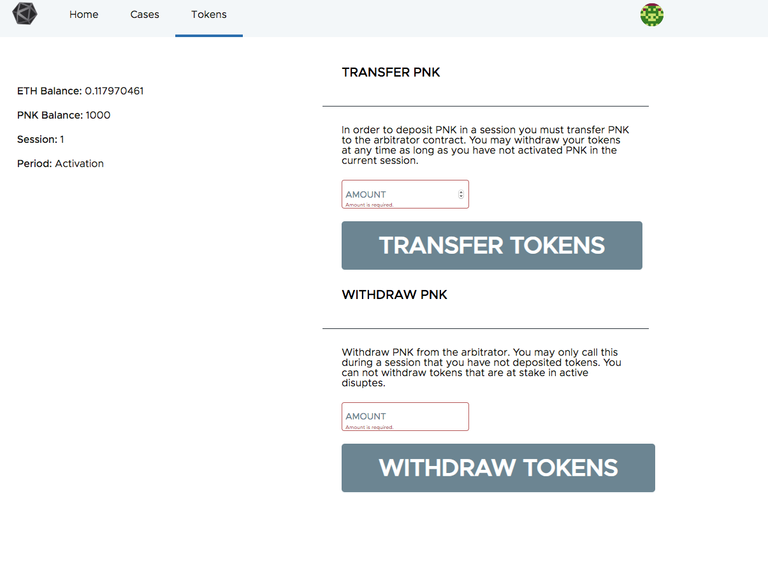
In order to compensate jurors for their work and avoid an attacker from spamming the system, creating disputes and appealing requires arbitration fees. Each juror will be paid a fee determined by the subcourt where the dispute is solved.
The arbitrable smart contract will determine which party will pay the arbitration fee.

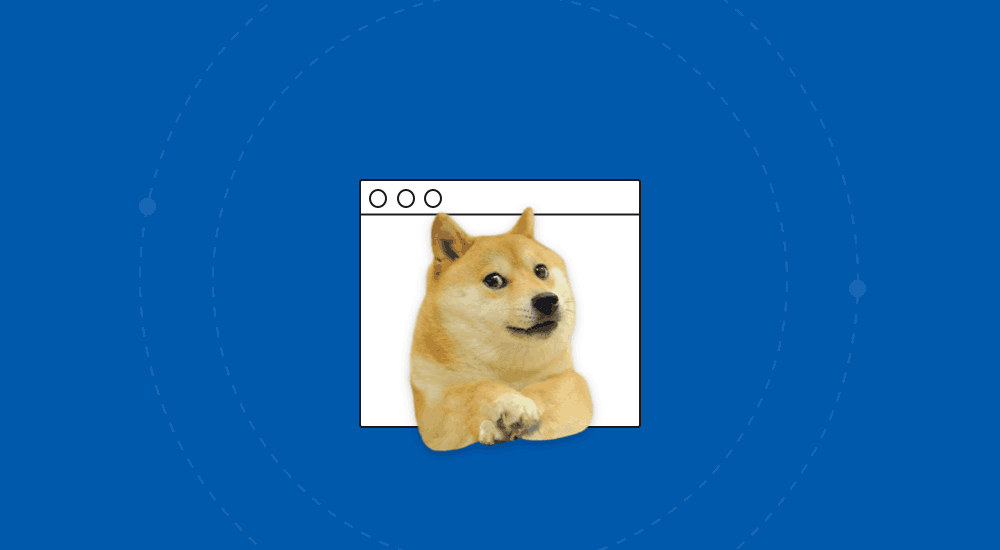
In first instance, each party will deposit an amount equal to the arbitration fee in the smart contract. If one party fails to do so, the smart contract will consider that the court ruled in favour of the party who deposited the arbitration fee (without even creating a dispute in the court). If both parties deposit the funds, the winning party will be reimbursed when the dispute is over.
In appeals, both parties have to deposit the arbitration fees. The appellant also has to deposit an extra stake proportional to the appeal fees which will be given to the party winning the dispute. This way if a party makes frivolous appeals to harm the opposing party, the opposing party will get a compensation for the time loss, while if the appeals are finally ruled to be legit, the stake will be returned to the appellant.

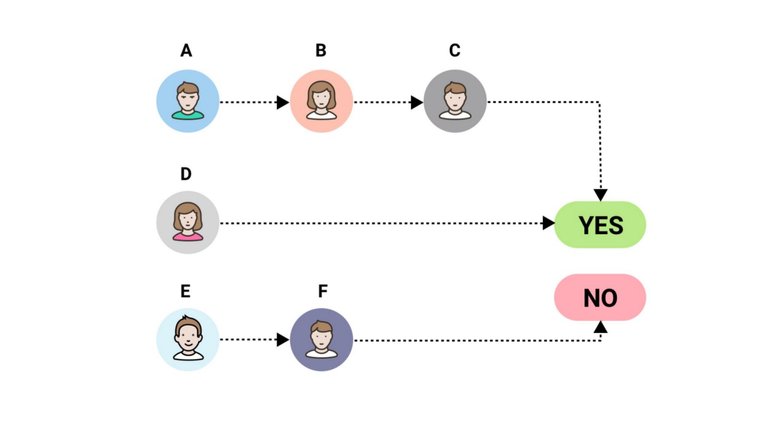
If, after the jury has reached a decision, a party is not satisfied (because it thinks the result was unfair), it can appeal and have the dispute ruled again.
There is also possibility of appealing a high number of times, it is important to prevent an attacker from bribing the jurors.
It’s very necessary that the jury vote honestly because jurors whose vote is not coherent with the group will lose some tokens which will be given to coherent jurors.
The tokens are divided between the coherent parties proportionally to their weight. Parties are considered coherent if they voted as the majority. You can see an example of token redistribution in the Image below here Jurors could fail to reveal their vote. To disincentivize this behaviour, the penalty for not revealing one's vote is twice as large than the penalty for voting incoherently (2.α.min activateweight).
This incentivizes jurors to always reveal their vote.
.png)
Buying half of the tokens
The fact that one party could afford all the tokens at current market price does not mean it would be able to buy half of them. Tokens, contrary to most physical assets, have increasing marginal costs. They will be dynamically priced on exchanges, should one party buy a significant part, the price would go up due to market depth making it increasingly more costly to acquire tokens.

We know in the general world now, bribing is now a common thing but Kleros has brought “Appeals” which is an important mechanism against bribes. Bribing a small jury is relatively easy. But since the victim always has the right to appeal, the attacker would have to keep bribing larger and larger juries at a steeply rising cost. The attacker would have to be prepared to spend an enormous amount of money to bribe jurors all the way to the General Court and would very likely lose in the end. To control the verdict of the whole court, the attacker would need to bribe token holders holding more than 50% of the pinakions in total.
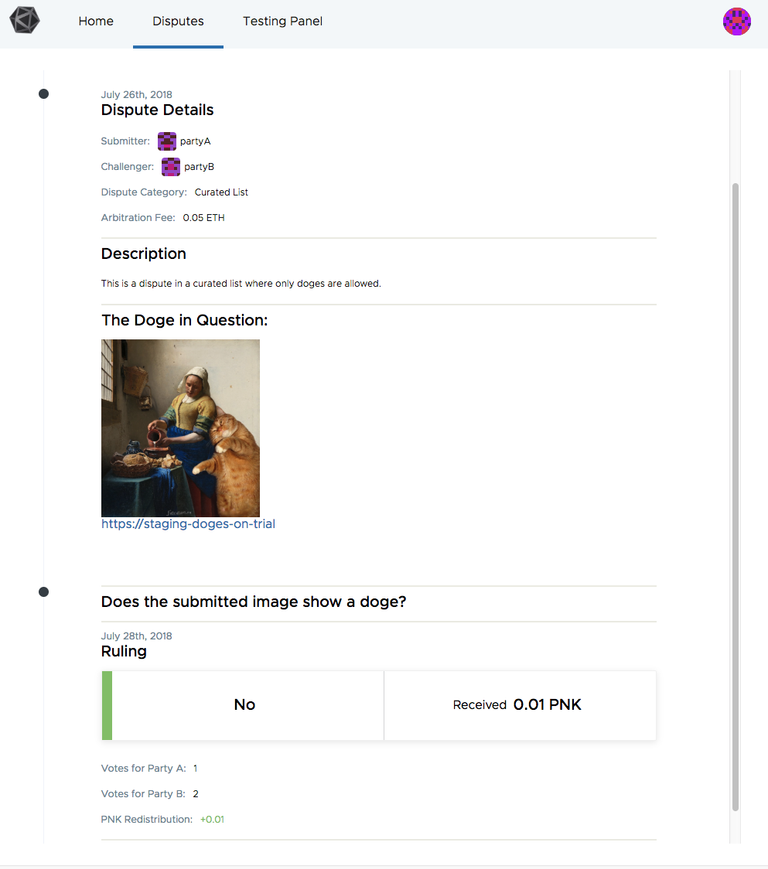
Each subcourt has some specific features regarding policies, session time, cost, number of drawn jury members and tokens activated. Each token holder can register in at most one subcourt of each court they have token activated. This will stop the case of users trying to choose all of them to get the maximum amount of arbitration fees from their tokens, hence everyone has a fair share and things are done rightly.

As Kleros protocol gains users and use cases, it will be necessary to create new subcourts, to make changes in subcourt policies and parameters and to update the platform to new versions with additional features.
Users could choose to delegate their vote in some subcourts but not in others. Note that delegates do not need to be humans. They can be smart contract implementing arbitrarily complex voting rules (for example voting on updating fees based on market data).
The governance mechanism can be used to:
A. Set policies:
Policies are guidelines about how to arbitrate disputes. They are the equivalent of the laws in traditional justice systems. They determine which party should win a dispute when particular conditions are met. They can be specific to a particular subcourt.
B. Modify the subcourts:
(a) Add subcourts.
(b) Remove subcourts.
(c) Modify subcourt hierarchy.
C. Modify parameters in subcourts:
(a) Arbitration fees.
(b) Time of each court session.
(c) Minimum amount of tokens to be activated.
D. Change one of the smart contracts Kleros rely on
This allows arbitrary changes. This can be used for improvements or in an emergency if it appears that some elements of Kleros are not working properly.

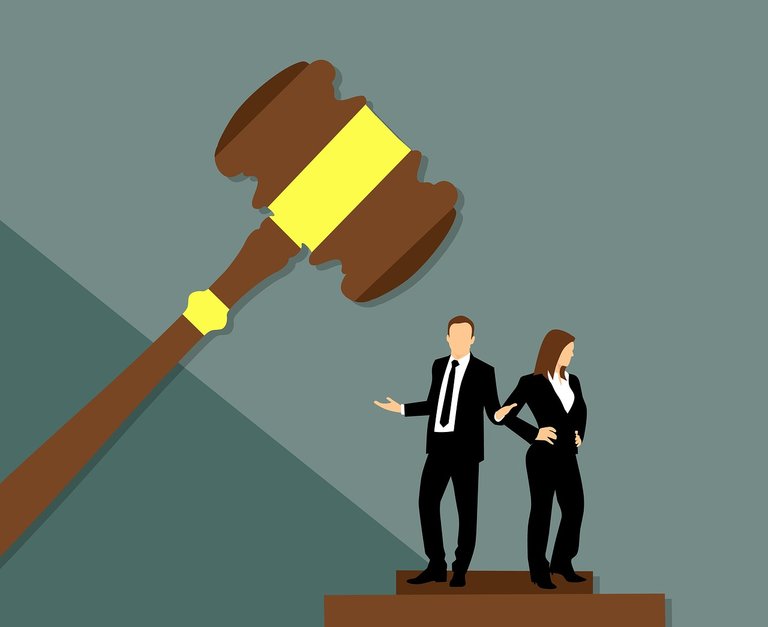
Chiboy is the owner of a boutique and Shirley is an online advertiser, Chiboy makes an agreement with Shirley that she should advertise all his products..shoes, clothes, etc. But Shirley advertises just a few and Chiboy has already made in part payment but he said he is not satisfied with the work but Shirley pressures on that she did what needed to be done.. But Chiboy doesn't agree and won't give her the remaining money but with the advent of of Kleros, a body of jurors specified in advertising, they could vote for who is wrong or right, and it makes everything easier.
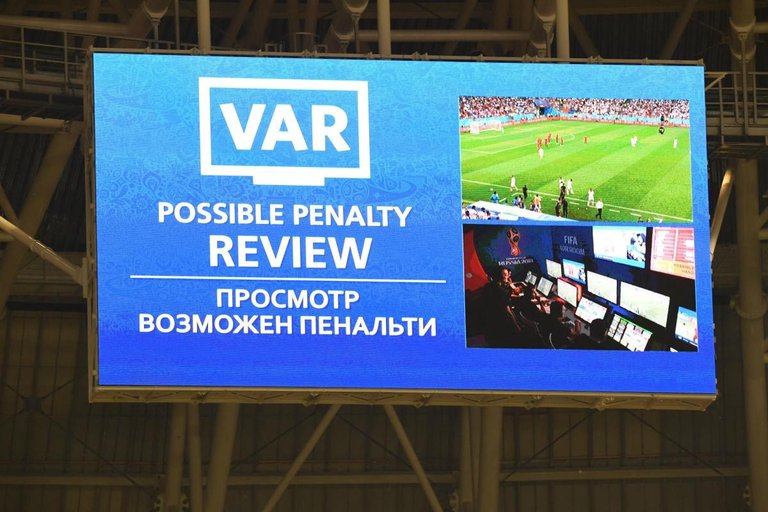
CrowdVAR: Could Kleros Become the Football Referee of the Future?
With football as the most celebrated and know game in the universe, there are still some issues that should be takled and one of them is the VAR SYSTEM
The Russia World Cup is the first to implement this technology for assisting referees. This is a step towards higher transparency in a FIFA organization often accused of match fixing, corruption and other nefarious deeds. But more improvements could be made. Even if VAR tends to reduce the likelihood of referee mistakes, the decision is still made by just one person.
- Kleros proposes the use of collective intelligence as a neutral third party for dispute resolution. this also qualifies it to become a “crowd referee” enabling transparency in football.
Kleros is a general, multipurpose system which can be used in a large number of situations. Here are some examples of possible use cases:
• Escrow : To pay for an offchain good or service, the funds can be put in a smart contract.
After receiving the good or service, the buyer can unlock the funds to the seller. In case of dispute, Kleros can be used to have the smart contract either reimburse the buyer or pay the seller.
Escrows can be more complex. For example for a rental agreement, the renter can be required to pay a deposit. In case the property is damaged and the renter doesn't agree on compensation, a dispute can be created by the owner to claim part of the security deposit.
• Micro tasking: Decentralized platforms could pay for microtasks (in the manner of the Amazon Mechanical Turk). Taskers would put a security deposit and submit answers to microtasks. The tasks would be replicated. If a task gets different answers, taskers could admit their mistake, this would transfer a part of security deposit to the taskers who performed the task correctly. In case multiple taskers stay on their position, a dispute resolution process would ensue and the losing taskers would have part of their security deposit transferred to the winning ones.
• Insurance : The insuree will pay a fee to the insurer to get a compensation in case a particular event would happen. The insurer will have to put some security deposit which could be common to multiple insurees (respecting risk management rules).
When an insured event happens, the insurer can validate it and compensate the insuree. If the insurer does not validate the event, a dispute resolution process would ensue. If the insuree wins the dispute resolution process, funds from the security deposit of the insurer would be transferred to the insuree. In case the security deposit is linked to multiple insurees claiming more than the deposit, a dispute resolution process would also be needed to determine how those funds should be split between insurees.
• Oracle : A decentralized data feed to be used by smart contracts was one of the early envisioned use cases of Ethereum. A party (which can be a smart contract) asks a question. Everyone can give a deposit and submit an answer. If everyone gives the same answer, it is returned by the Oracle. If there are multiple answers, a dispute resolution procedure ensues.
The Oracle returns the answer given by the dispute resolution process and parties who put wrong answers lose their deposits which are given to honest submitters.
• Social networks: Preventing spam, scams and other abuses is a challenge for decentralized social networks. Parties can report violations of the network policies and put a security deposit.
If the violation is contested, a dispute resolution process ensues. If it is ruled that no violation happened, the reporter loses his security deposit to the accused party. If the violation is not contested or confirmed by Kleros various effects can be implemented: the content can be removed, the content poster can lose a sign-up deposit and the reach of his other posts can be lowered.

Kleros serves as a multipurpose court system able to solve every kind of dispute in every kind of contract, from very simple to highly complex ones.
We all in the cryptoworld know there's a rise of the digital economy created labor, capital and product markets that operate in real time across national boundaries. The P2P economy requires a fast, inexpensive, decentralized and reliable dispute resolution mechanism. Kleros uses game theory and blockchain in a multipurpose arbitration protocol capable of supporting a large number of applications in ecommerce, finance, insurance, travel, international trade, consumer protection, intellectual property and academia among many others. Cryptocurrencies are giving many the possibility of having their first bank account to send and receive money in a secure way.
Cryptocurrencies are helping millions achieve financial inclusion. Kleros will do the same in access to justice by enabling arbitration in a large number of contracts that are too costly to pursue in court. Just as Bitcoin brought “banking for the unbanked",
Kleros has the potential to bring “justice for the unjusticed"...

TOKENIZATION
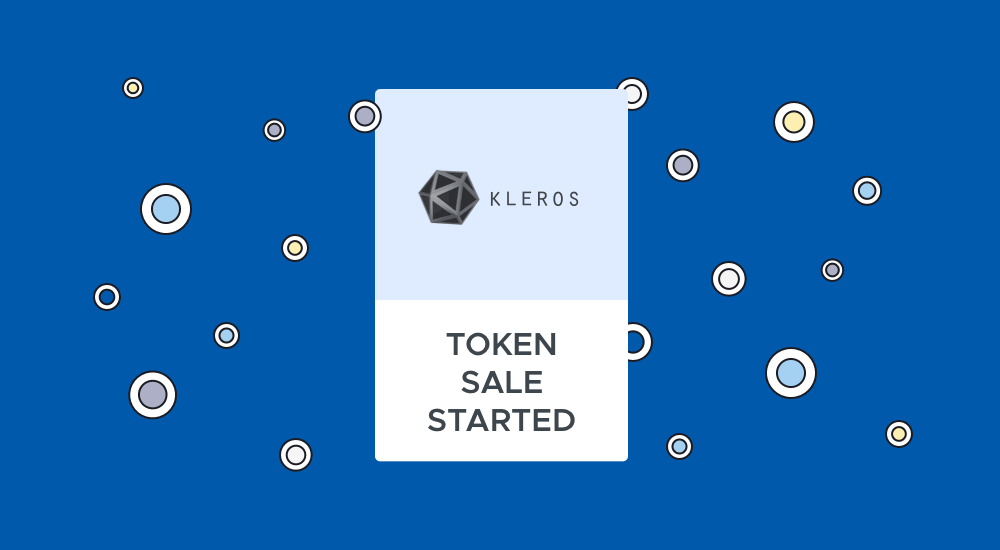
.jpg)

VIDEOS
A video review made by me on Kleros
An explanation Video made by the CEO Kleros
An introductory video on Kleros

KLEROS AWESOME TEAM
.jpg)

KLEROS ADVISORS

KLEROS PARTNERS

MORE MATERIALS AND INFORMATION
Kleros Website
Kleros WhitePaper
Kleros Medium
Kleros Youtube
Kleros Telegram
Kleros Twitter
Kleros Github
Kleros Forum
here to joinThis is an @originalworks contest you can click
Twitter link :
LEGAL TERMS USED
JURORS
ARBITRATORS
ESCROW
kleros2018
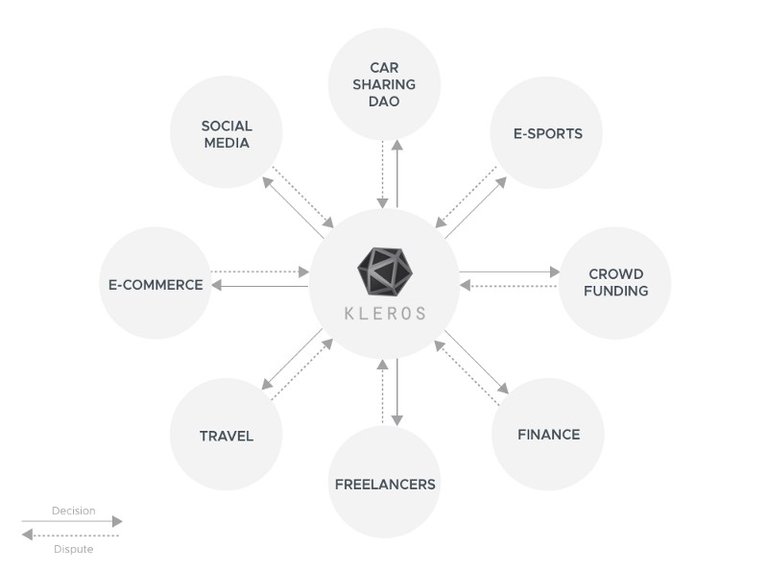



@contestbot
Sponsored Writing Contest!
This post has been submitted for the @OriginalWorks You can also follow @contestbot to be notified of future contests!